The Rich Rucker question;
It has been noted that both you and I have been censored from, The Family Tree DNA, Clan Armstrong website, with no Clan Armstrong contacts listed, where we both consider ourselves Clan Armstrong. You being related to 90+% Clan Armstrong, and I migrating with them out of Germany to Bec,Northfolk, Rimington, Lancashire, to Cumbria, onto Canonbie, and into Liddesdale, Gorrenberry, onto Tullykelter, Fermanagh, then into the America Plantation, next to a Martin Armstrong of Sutton Massachusetts.
Rücker name distribution Germany
Rucker name distribution Germany
The are more than nine times more Rücker than Rucker in Germany.
Rucker becomes Ruecker where distribution wise Rucker plus Ruecker equals Reichel.
No link, because the Clan Armstrong as Scandinavians do not want to claim any leadership. The Bear, sticks the younger brother the Elk (moose, Elwald, Ellot line) with the problem, and tries to give him the only United Kingdom option of a Wm de Aliot line out of France.
Clan Armstrong, I have the right not to be vanquished and become unvanquished as you.
Scientific knowledge in today’s day and in the past can be rationalized, by Puritanical Norman thinkers, to make things to seem correct. Cotton Mather wrote on witchcraft, and Harvard judges hung witches, granddad Scottish; the accusers did it out of sport. Today’s DNA as applied to genealogy is like a metre (yard stick, elwand) measuring the width of a hair. Unless other viable information is inputted, Y-DNA relevancy carries that of the Harvard judges during the witch trials in Salem.
One way to reach further in the past is to use how a family story such as the Clan Armstrong Fair Bear story migrates with it’s people and how the language of these Germanic people migrate towards where the Scottish Borderlands is today.
Stories passed down through families become part of that family history, and the longer they are passed down, the greater their importance. One such story though likely started before the establishment of the surname Clan Armstrong which cares for the story is the Fairy Bear Legend;
Today with my own family history the story seems to have meaning of a migration story. From the personal names German elk/elch and the Danish elg, meaning elk(moose) then paired with the German -wald was likely Old German Elchwald, then Danish Elgwalt (German/Danish king), then traveling to the British Isles where elk(moose) are extinct elch/elk/elg became elf similar toulf which is wolf in Danish, The name personal name evolved into a surname becaming Elfwald in Norfolk, with and Alan Elfwald of Bec, then in Rimington, Lanchashire, Robert Elwald the son of Alan, onto Liddesdale, Gorrenberry the name became the younger brother of Robert which received lands of Redheugh a William Elwald of Gorrenberry, then onto Tullykelter, Fermanagh Ulster, the name became from the alias Dan for Andrew, a Daniel Ellot. His grandson of the same name Daniel Ellot on to the American Plantation, with Puritan English the name becomeDaniel Elliot retaining the single “t” the way they today are spelling it on the Scottish Borders. Then his son of the same name Daniel Elliot moves onto ca1700 Sutton, Massachusetts, and settles on land next to a Martin Armstrong.
Alanus (Latin for Alan), Elfwold, Bec Norfolk, 1248.
Elf-wold;
The surname Elf; shows a German to Sweden distribution, where Wold of Norway, and Wald is of Germany. The name Elfwold which became Elwald, has strong Germanic-Scandinavian influences.
In the United Kingdom, I am a Clan Armstrong, because the Norman wolf (lou), ate the Danish elk (elg), and for the name Elliott, only the Normans survive. Being that Danish elk (elg) and Danish bear (bjørn) in the United Kingdom are friends, I can live among the Armstrong.
For wolf; Lou; Anglo-Norman (French), Ulf; Anglo-Scandinavian (German) both found in Denmark.
The Anglo-Norman surname Lou for wolf is found in the United Kingdom, but the Anglo-Danish surname Ulf does not show in the United Kingdom. Both show in Denmark.
May want to input surnames Lou (Anglo-Norman wolf), and Anglo-Danish names Ulf (wolf), Elg (European elk, same as an American moose), Bjorn (bear) of Norway and Denmark’s Bjørn and Sweden’s Björn (bear), also Bar of German’s Bär (bear, Scottish Barr) into;
http://worldnames.publicprofiler.org/ goto region=!WORLD-EUROPE by clicking on it in the map, an see where the census of Europe distributes the surnames, used as forenames and personal single names without the surname.
The surname Wolf has a Proto-Germanic distribution.
from; The Chronicles of the Armstrong, edited b James L. MD
The name Loumann is found in Denmark, and likely migrated with the Elwald to Anglia-Lincolnshire, then on to the Scottish Borders
There is an Armstrong Tower of Mumbyhirst, and the Mumby are from Lincolnshire County, of the region of Mumby. From DSL; Hirst, Hyrst, n.1
[Northern Eng. and Sc. variant of ME. hurst(e, OE. hyrst.]
a. A (hard or barren) hillock, knoll, or ridge.
Mumbyhirst Tower; likely a tower owned by the Mumby on hurst (harsh) terrain.
The reason more surnames on Scottish side of border, is because, the Anglo-Danish name Elwald was seeded into Debatable Lands and Liddesdale, and became adopted through a surname evolution in Debatable Lands of Elwald to Elwold to Ellwood, and Elwald to Ellot, inserting the Norman Alyot/Aliot/Eliot, of Wm de Aliot of southern France which permeated throughout England and Scotland, of the Breton/Briton to St Germain-Port Eliot, Eliot. Scotland started with a double “l”, and never had the single “l” of Wm de of southern France.
Page 7 of 15 1/11/2011 James V. Elliott
“Elwald,” with slight deviations, continued to hold its own as the most ordinary spelling till towards the middle of the 16th century, when considerable changes begin to appear. The English, who had been in the habit of using “Elwold” as well as “Elwald” now adopted the form “Elwood,” which became the usual one with them. In Scotland, about the same time, or a little later, “Ellot” began to take the place of “Elwald,” and soon obtained the predominance
Mapping for the word bear;
Mapping for the word elk (moose);
The animal "elk/moose" in different languages. [1729×1045] [OC] from etymologymaps
Proto-Germanic R-U106 Y-DNA migration
DNA R-M269 contains R-U106 which contains R-U12025 the Y-DNA which the writer Mark Stephen Elliott has;
Mark (Danish of DenMark preferred name, after granddad from a family father-in-law Rev Wm Mark to Rev SA Elliott, Mt Ayr, IA, granddad of Mark Elliott granddad to Mark Stephen Elliott) Stephen (mother’s father German, but mainly a Scottish name) Elliott (dual origins of Wm de Aliot, France, and of the Anglo-Danish Armstrong; I am of the Anglo-Danish Armstrong).
Correction; Place of migration origin is #2, migrating to both 1&3.
My family the family of the Elchwald (Eichwald), Elgwald, Elfwald, Elwald (Ewald) migrates with the family of the Fairy Bear (Fairbairn).
Area in Germany which -walde/wald referring to forest/wold(s)/wood(s) being used as a suffix.
I am one step off in 25 to a von Ruecker/Rucker. It should be noted that from my understanding the word “von” like “de” means “of”, so the name Rucker may have a locality it is names after, but I have not been able to find it.
Today where the nations of Germany, Poland, and Czech Republic come together, the surnames Rucker, Elch, Elk, and Elg, plus that is approximately where the Danes split and those who became Kjrr/Ker/Kerr (marsh dwellers like the elg) went north, the bjorn, and elg were friends and went onto the English Isles, somewhere from southern Northumbria, to northern, Anglia as Anglo-Danes, in an area of marshland called The Fens.
http://worldnames.publicprofiler.org/
and,
The elg (elch/elk Am moose), and bjorn (bear) are friends;
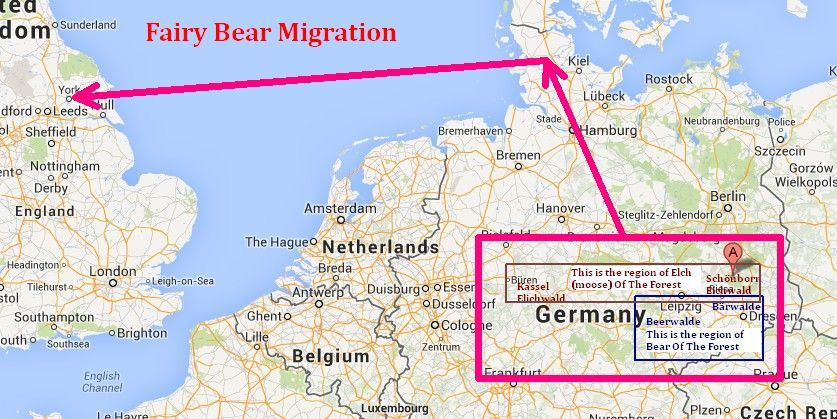
The Anglo-Norman lou which is the Anglo-Danish ulf, eats the elg/elk/elch;
Elwald-Aliot-Surname-Relations-and-Emergence
Dad, asked Germany, Son, said yes. 8-25-2013
Note; Oulton could be of the Broads on map, still near Bec, but basically one coast east of Norwich.
R-U106 would fit the classification of Anglo-Saxon/Danish; NSC North Sea Celtic.
Family Tree DNA calculator, at more than 27 generations shows that my DNA is close to being 100% likelihood that were related.
It is felt not only wolfs, ate elk, but people do also.
Sigwalt und Sigridh. Stilicho. Walhall. Dramatische Werke (Auswahl)
Fermanagh, Ulster, Ireland, is the stepping stone for the Armstrong and Elliott, into other Plantations of the English Empire;
Besides a Fermanagh, Ulster concentration in locality, Armstrong and Elliott, have in the past and today, shared similar forenames.
With the name Born, of the Barony of Born(e) (Bjorn), these are felt to be of the family of Bourn (Bjorn), which is felt to split where the Burn name went north became Burns migrating west, and had an offspring the fair skin Dane, of the fair burn (Fairbairn), though, the Born name went to the southwest, and which had an offspring said to be dead, but of the name Osborne. These a name groups, of the Burn, Born, Burns, Fairbairn, and Osborne which developed into surnames.
Barony of Bourne, and Barony of Liddel was owned by the Estoville-Wake family, along with land of Cottingham;
The Bjorn (Danish bear) are concentrated in Denmark and therefore are likely migrating to the British, Isle from Denmark.
Adding a “r” to Bar, makes it a Scottish Barr.
Bär/Bar (bear in German), found in southwest Poland.
Note; Surname Bjorn (bear) of Denmark, but concentrated in the same region in Norway as the surname Bourne. Bjorn is Anglo-Danish, and Bourn(e), is Anglo-Norman, with strong Breton, French influences. It is felt that in Lincolnshire County, that Bourne of the Barony of Bourne, where the Norman name Bourn(e), replaced the Scandinavian name Bjorn, and it was once known as the Barony of Bjorn, when the Anglo-Danish as shown by Scandinavian place names in the region, that the Scandinavians of Dane Law were predominate a previous to the Norman influence which changed the name from Bjorn to Bourne.
http://named.publicprofiler.org/
Showing surname densities for Osborne, Burns, and Fairbairn evolved from Bourn, into Burn (Lothian) towards the north or Born towards the southwest (Wessex).
Today it is referred to as the Barony of Bourne with and “e” at the end, but the name evolve from Bjorn, like for Siward Bjorn, which in Danish means bear. The English spell the name Kjrr as Ker/Kerr, and Bjorn as Bourn, more like they probably the way they sounded in the English language. After the Dane had the Barony of Bjorn, the Normans took it over and the way they spelled it Bourne (likely phonetically) which it became the Barony of Bourne.
Osborne; the white (polar) bear which means a very light skinned Dane. Burns from the Burn name going to the east side, migrating towards the west side. Fairbairn, meaning the “fair bear” the fair skin Dane.
It should be noted that the story of the Fairy Bear starts in Northern Germany, migrates to the borders and south Germany.
Given surname distribution the pre Rucker family is from southern Germany, they likely carried the Die Missgeburt, (Armstrong Cronicles, ed Jame L. Armstrong) story with them south, and the pre Armstrong surname of the same Y-DNA group as the Rucker migrated north with their versions of the Fair Bear story.
The Ruckers, Armstrong, and Elwald (Ellot), likely migrated from where the Old Norse languages began in Northern Germany.
Fair Bear Origins
Old Norse Dialect migrated with the Germanic-Danish Armstrong into the British Isles and north to the borderlands, Old Norshe Dialect of these Danes traveled south and carried the origins of the Fair (light in skin color, but darker than Osborn-White Bear) Bear story with them. where the Old Norse (Proto-Germanic-Danish) language had its beginning, is when the Bear (Beorn), Elk(moose, Elg), and Wolf (Danish Ulf, Norman Lou), of the Fair Bear story residing together, with the wolf eating the Elk, and the Bear and Elk were living as brothers, in this land.
R. Rucker;
This is the answer censored by big brother (Clan Armstrong), remember they are not going to censor me out, because my characteristics, are German, Danish, Northumbria, Borders, Ulster, and the Plantations like theirs. The English-Scots do not like to be told they are German, and your family is from where and in accordance to the Fairy Bear story, where the Armstrong came from in Germany, and the Old Norse-Proto Germanic language had it’s origins.
Roughly;
Group with personal names started Northern Germany-Southern Denmark (Old Norse-Germanic). Elwald-Armstrong name adoption Anglia, Yorkshire into borderlands, group of same Y-DNA which became Rucker went to south Germany. In Anglia the Osborn group with, may be some Fairbairn went towards Southwest England. Armstrong (Fairbairn), Elwald-Ellot went north to Scotland, then Fermanagh/Armagh, Ulster, Ireland.
MSE 9/28/2015
This would indicate that the Debatable Lands have linguistic influences for Old West and East Norse language.
MSE 9/30/2015
http://www.elwald.com/hermitage-castles-infinis-windy-edge/
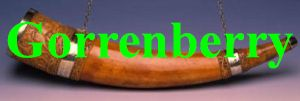
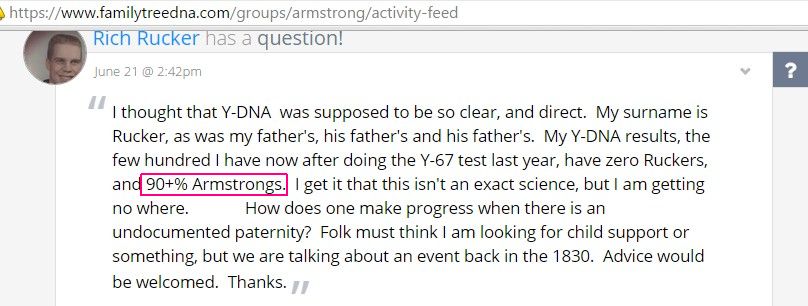
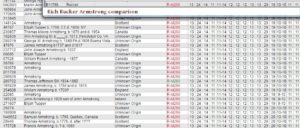


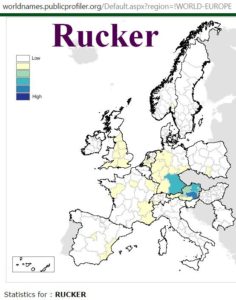
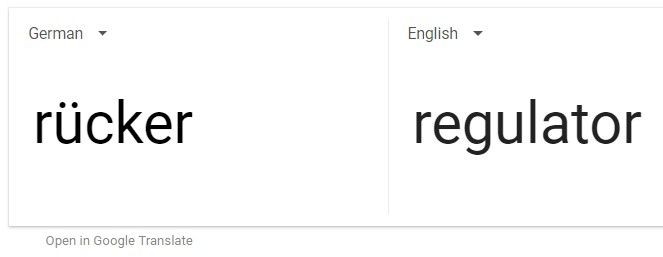
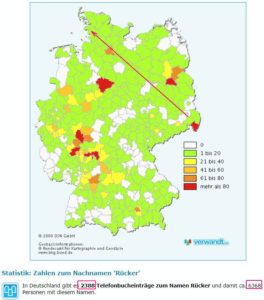
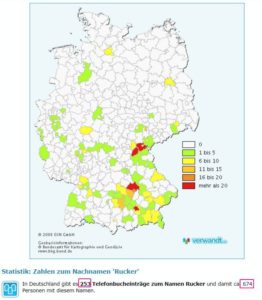
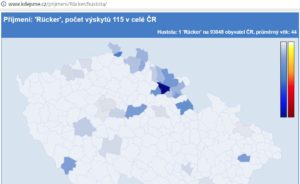
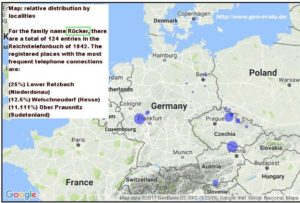
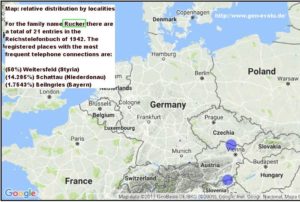
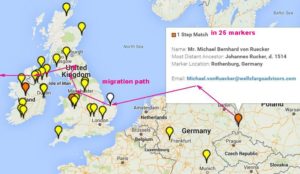
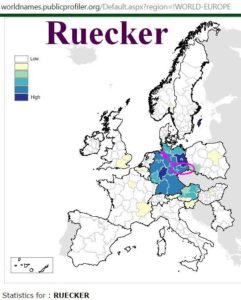
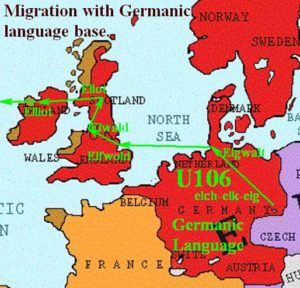
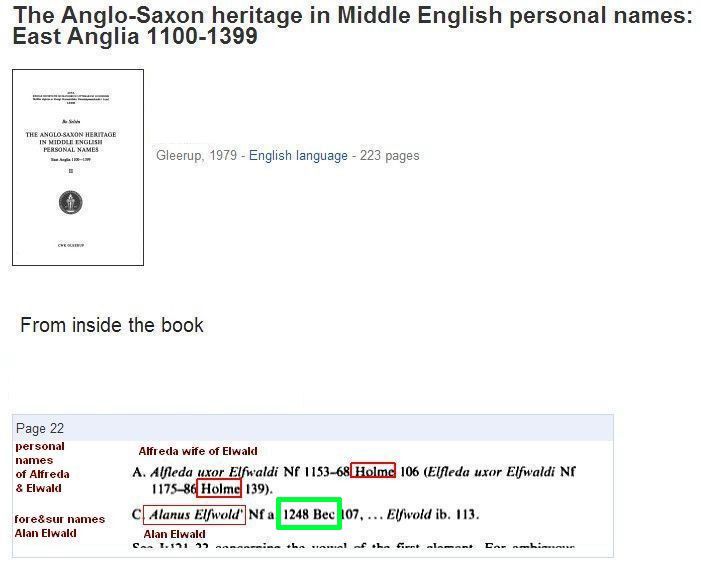
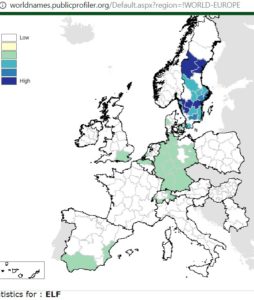
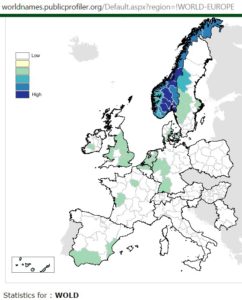
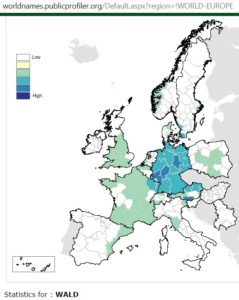
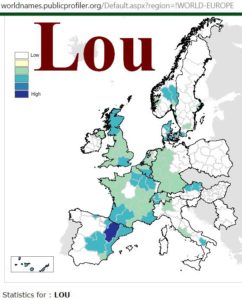
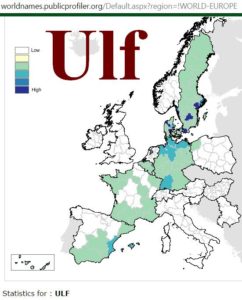
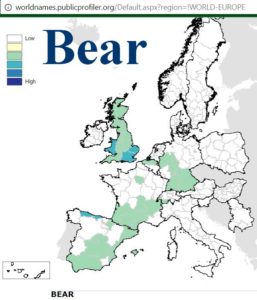
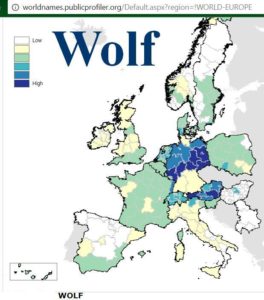
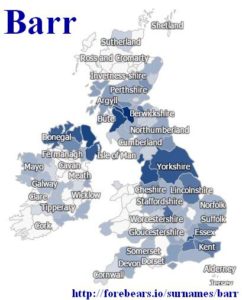
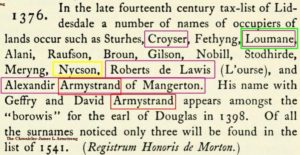
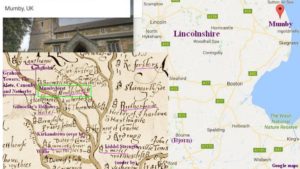
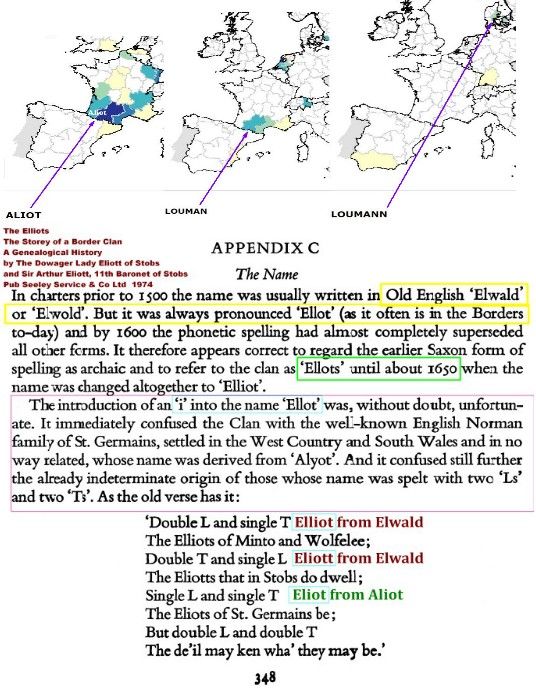
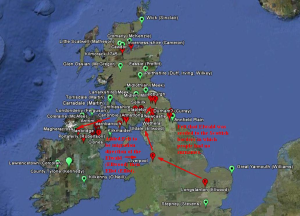
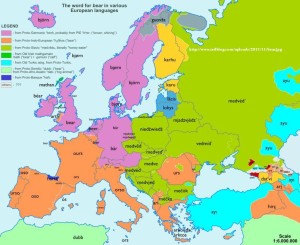
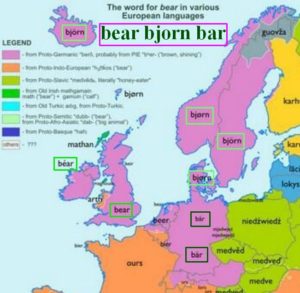
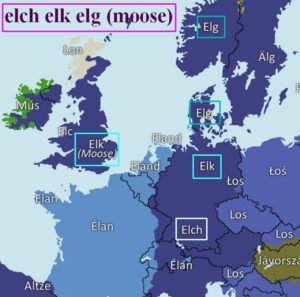
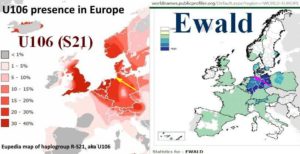
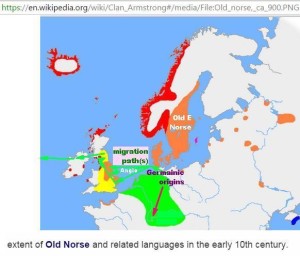
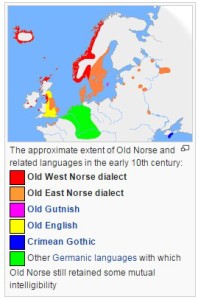
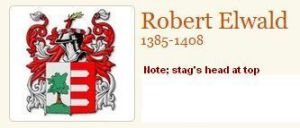
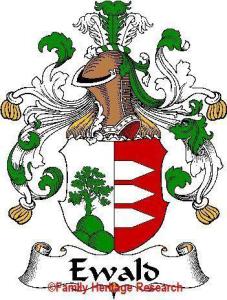
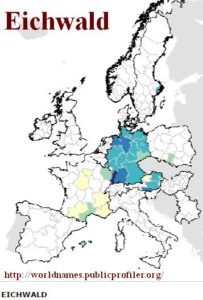
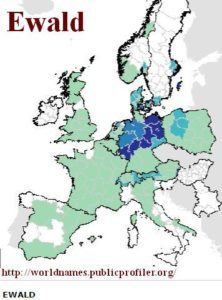
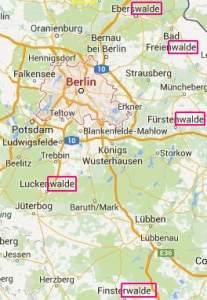
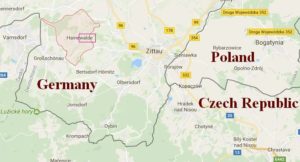
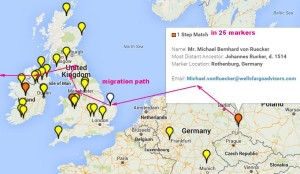
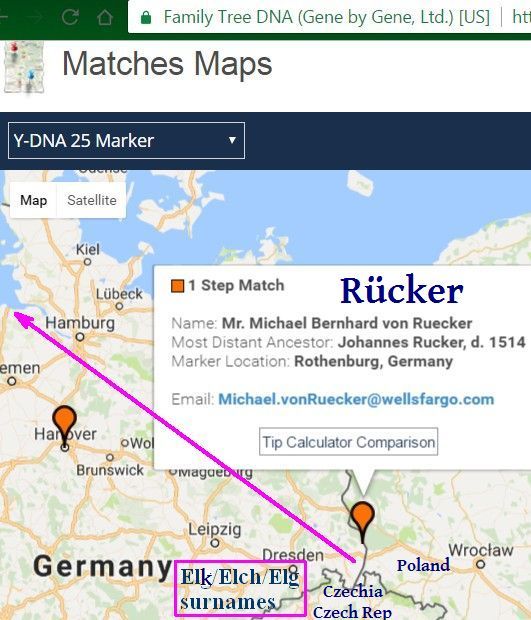
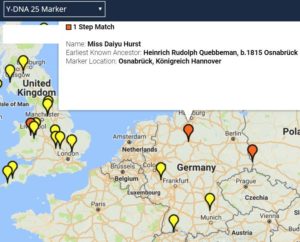
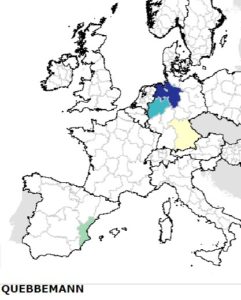
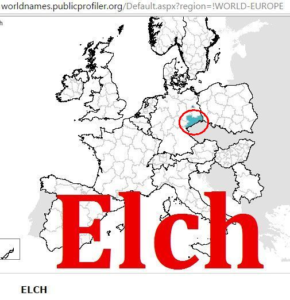
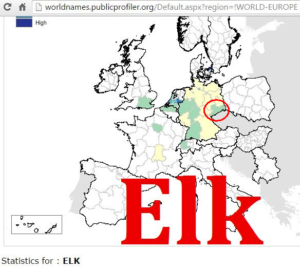
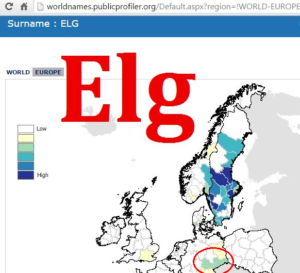
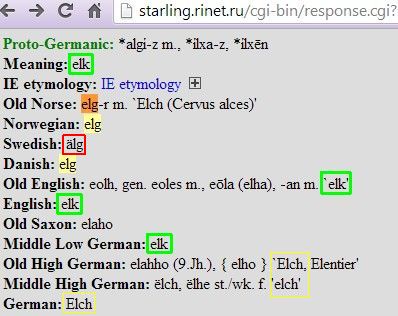
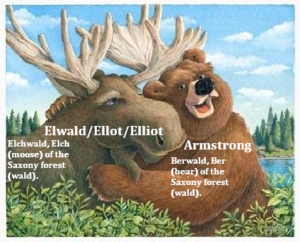
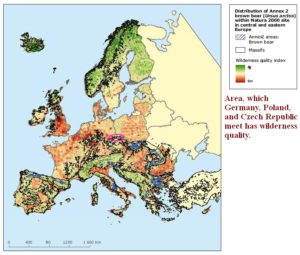
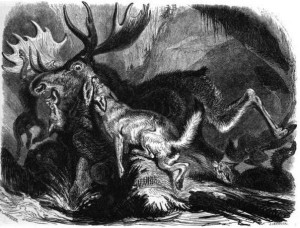
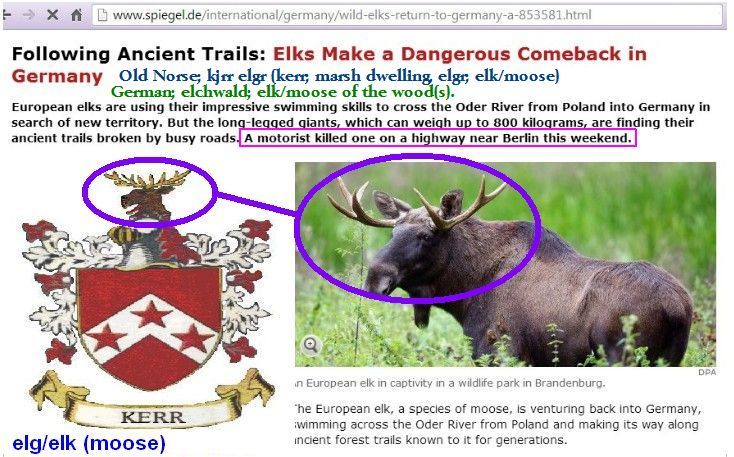
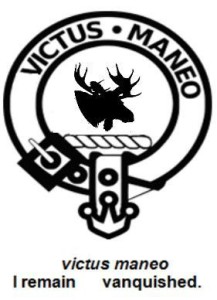
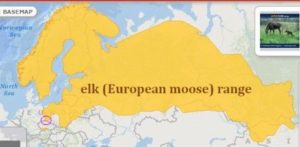
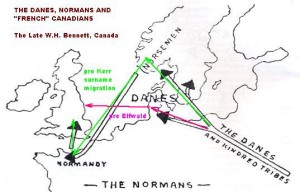
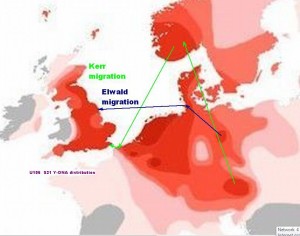
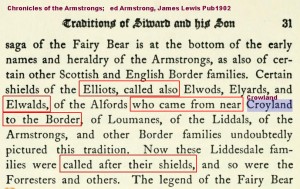
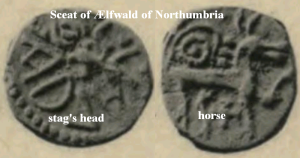
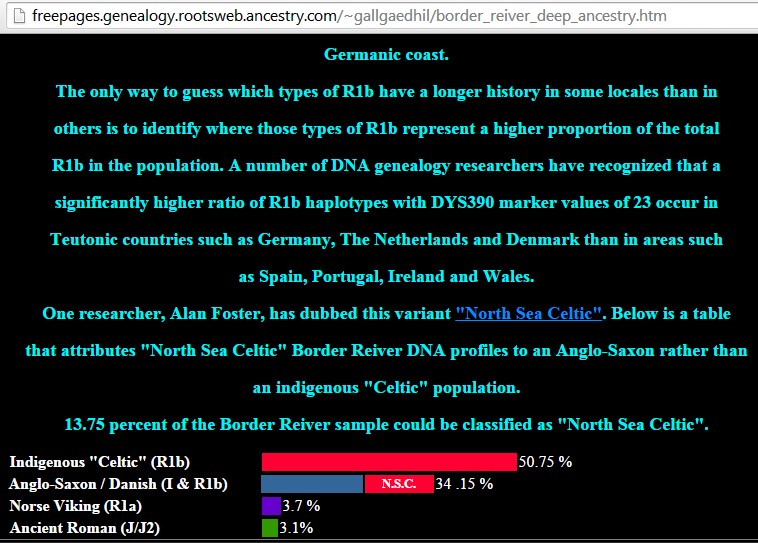
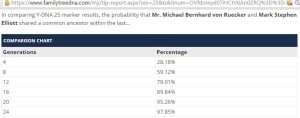
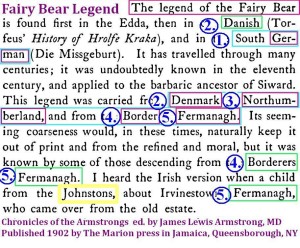
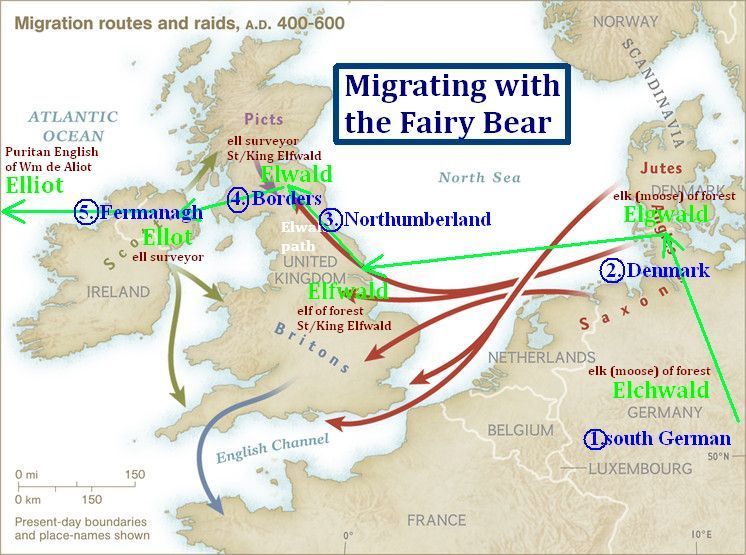
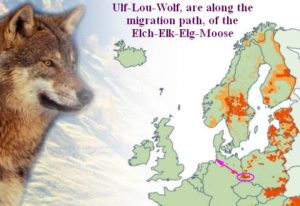
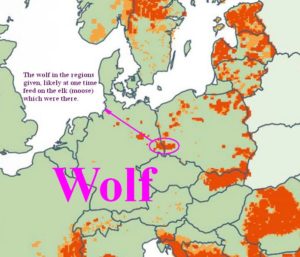
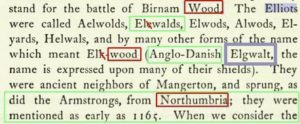
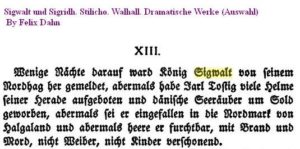

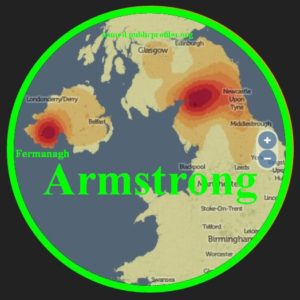
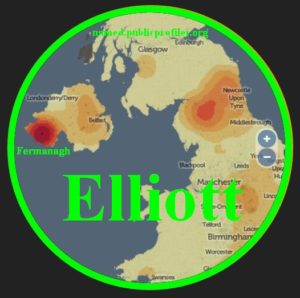
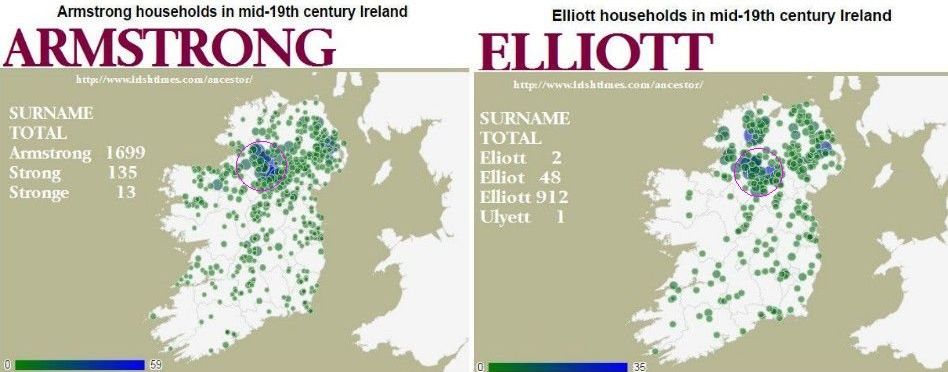

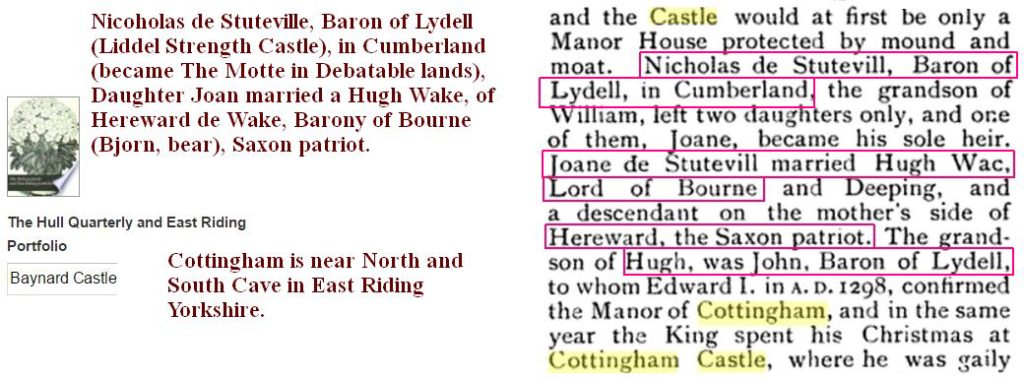
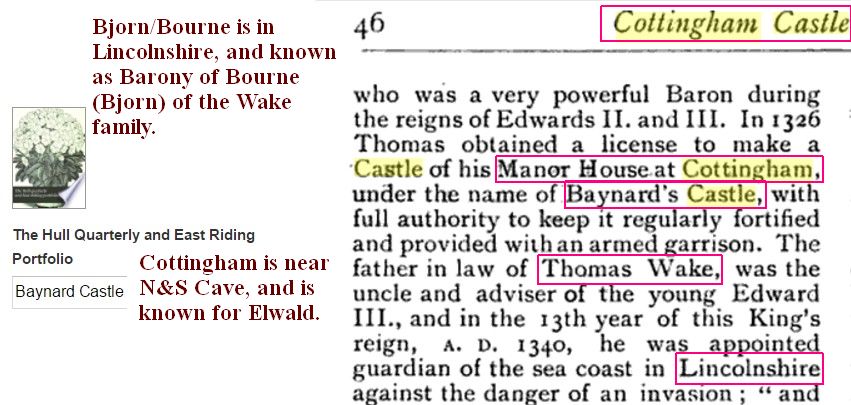
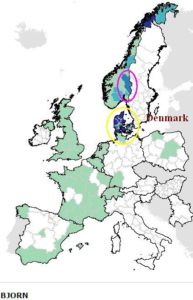
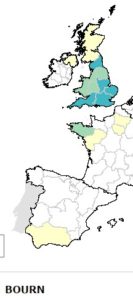
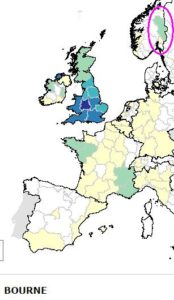
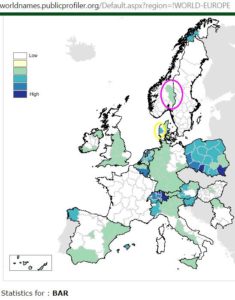
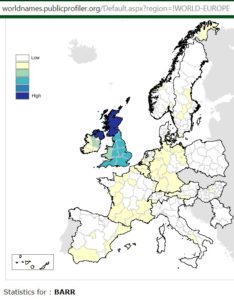
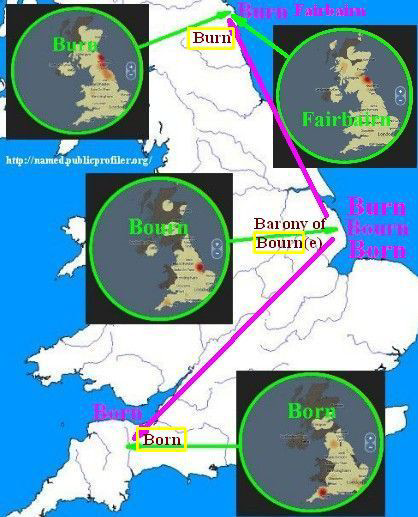

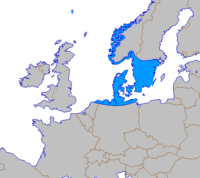
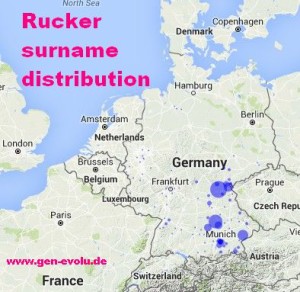


Looking at your numbers, I would say make a formal complaint to FTDNA and have them look into why you were banned. It seems to me that they are playing power games. I theory i hard was that Scotland got its name from the Picts who lived there before the Scotts. It is said that the pictish word for the irish invaders on their west cat were called “Scoti”. It is also said somewhere about a Queen who came up from the mediterranean area and settled and took over Scotland. Her first name is close to Scoti…!
So who is truly Scottish and an Armstrong?
Good luck